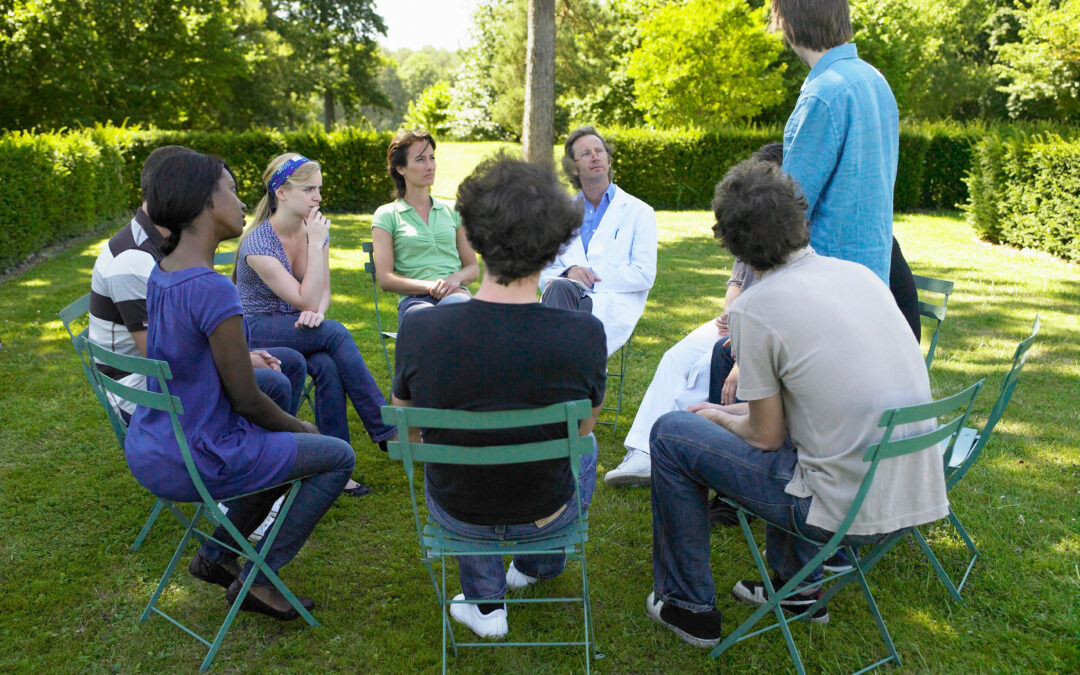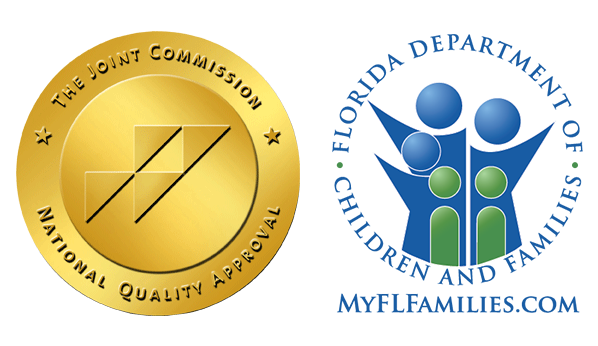It can be challenging to discuss cocaine addiction with friends or family, but doing so can impact their decision to get treatment down the road and attend a Florida inpatient drug rehab. The sad reality is that many individuals see symptoms of cocaine consumption in someone they know, but they take no action to assist them in getting into or through treatment for substance misuse. Misinformation and stigma can jeopardize even the most well-intentioned attempts to get assistance for someone you love. Keeping that in mind, we have created this brief guide on identifying cocaine usage, discussing addiction, and eventually helping a loved one obtain treatment for drug abuse.
Indications of Addiction to Cocaine
You can determine the extent of your loved one’s cocaine use by being aware of the symptoms of addiction. Knowing the warning indicators will also enable you to provide the groundwork for their support and treatment encouragement in attending Florida inpatient drug rehab.
Emotional and Interpersonal Cues
- Concealed. Lying about where you have been, using in private, and not disclosing where your loved one has been or who they have been using with are all warning signs of many substance use disorders, including cocaine addiction.
- Easily agitated. A person may develop cocaine dependence if their emotional norm changes or if they become more unpredictable, anxious, or irritable.
- Strong feelings. Psychological symptoms that are easily recognized by family members and loved ones include mood swings that alternate between high emotional highs and deep lows.
- Pilfering. Stealing, lying, or taking up excessive debt are frequently linked to drug misuse.
- Decline in interest. An addicted user’s brain’s dopamine balance is altered by cocaine, which impairs the nervous system’s capacity to control attention and convey emotions like enjoyment or interest. It becomes difficult for cocaine addicts to keep interested in past pursuits, acquaintances, or locations.
Step One: Having a Conversation About Cocaine Addiction
It is important to give serious consideration to the likelihood that you or a loved one is suffering from a cocaine use disorder if you notice any of the above indications and symptoms of addiction in them. Starting a conversation is usually the next appropriate course of action.
It might be difficult to bring up serious drug use for the first time, so it’s critical to feel confident and anchored in your observations before you start. When you’re ready, it’s time to start having conversations but keep in mind that alienation, blame games, and stigmatization are detrimental to healing. Rather, we advise doing the following:
- Do: Acquaint yourself beforehand with the facts surrounding cocaine addiction and the signs of withdrawal. Understanding this well-established medical illness can enable you to support a loved one during their current rehabilitation as well as in the future.
- Hold off till the person is calm and not under the effect of cocaine or any other drug. Your loved one will obtain therapy sooner if you can talk to them about it as soon as possible. But you need to have this conversation when they are ready to listen.
- Continue to see the bright side. The aim of these discussions is to assist your friend or loved one in pursuing and completing addiction treatment. With medical detox, inpatient or outpatient therapy, therapies, and support groups, cocaine use disorders are very treatable. Starting these talks now can be a self-fulfilling act of hope.
- Aim to assist the procedure. Cocaine addiction is detrimental to one’s mental state and capacity for efficient organization. At a moment when action is urgently required, the enormity and seriousness of the concept of obtaining addiction treatment may eclipse the actual procedures necessary. If you can, you might wish to lend a helping hand with finding Florida inpatient drug rehab facilities and other treatment choices, scheduling a substance abuse evaluation with a physician, setting up transportation, or standing up for other family members.
Never Participate if you feel insecure. It should go without saying that any form of abusive or violent behavior—whether it is verbal, physical, or interpersonal in nature—should never be accepted. Make quick contact with a Florida inpatient drug rehab if you have any reason to suspect that having a talk with your loved one about their substance abuse could have dangerous consequences. Attribute. Remember that cocaine use disorder is a mental health condition in light of this. A large number of the events and coincidences that cause addiction to develop are not internal to the person. Genetics, upbringing, childhood, and health are a few of the variables that influence risk. Avoid attempting to assign blame for the drug misuse to any one person.











